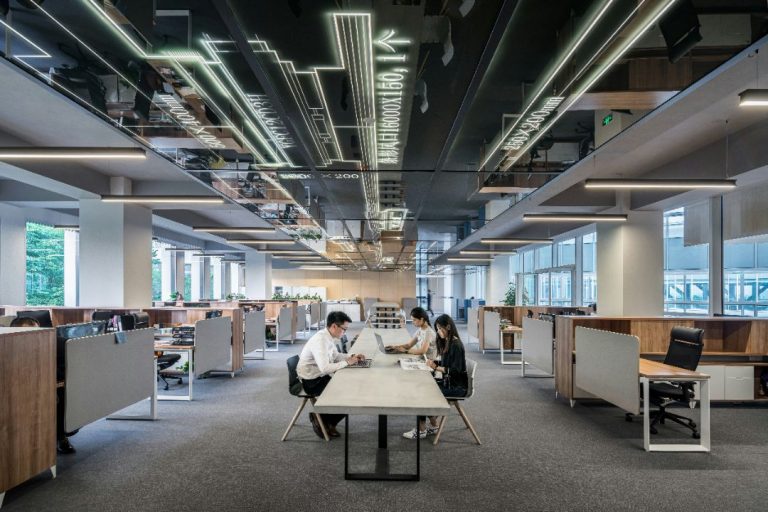Business & Startups
Business Owners and Startups Immigration Programs to Russia
Russia offers attractive opportunities for business owners and startups looking to establish or expand their operations. Numerous programs exist, designed to encourage foreign entrepreneurs to contribute to the country’s economic development by providing support and incentives to promote innovation and create jobs.

Key Features of the Business Immigration Program
1. Ease of Establishment:
Business owners can set up companies or subsidiaries in Russia through simplified procedures, making the process clear and efficient.
2. Eligibility Requirements:
- A detailed business plan demonstrating the economic or social impact of the project.
- Sufficient financial resources to support the company’s operations.
- Registration of a legal entity in Russia (if applicable).
3. Residency and Work Benefits:
- Fast-track pathways to obtain residence permits for business owners and their families.
- Authorization to hire both local and foreign employees.
- Access to permanent residency after meeting specific requirements.
4. Government Incentives:
Russia offers tax reductions, grants, and support for entrepreneurs in key sectors, as well as access to special economic zones with reduced operational costs.
5. Industries and Opportunities:
Russia welcomes business owners and startups across various industries, with a particular focus on:
- Technology and Innovation: Software development, IT startups, and artificial intelligence solutions.
- Manufacturing: Establishment of production facilities for goods in demand on the domestic market or for export.
- Agriculture: Investments in modern agricultural techniques and food production.
How to Apply
- Develop a business plan tailored to the Russian market.
- Register your company or branch in Russia with the local authorities.
- Apply for a business visa or residence permit, including all required documents.
- Launch your operations and take advantage of government support programs for business owners.
Why Russia?
Russia offers a vast and diverse market, a strategic position connecting Europe and Asia, and a government eager to support innovative businesses. Entrepreneurs benefit from a wide range of opportunities, including a skilled workforce, access to abundant local resources, and a continuously improving business environment.
Whether you’re an established business owner or a startup founder, Russia provides the tools and support to help your venture succeed. Explore the possibilities today!
No Quotas
Apply for a temporary residence permit without the need for a local quota.
No Exam needed
No Russian language, history, or law exam is required for the temporary residence permit.
Work
The possibility to work in Russia in your chosen region without the need for additional visas or permits.
Access to Healthcare
Receive medical services based on your place of residence.
Entrepreneurship
Opportunity to conduct business activities in Russia.
Do You Have Any Questions?
Common questions may arise when preparing for your move to Russia, and we are happy to provide answers.
It’s important to understand that while we provide answers and advice, many cases require a more in-depth review of individual circumstances. Therefore, we recommend consulting qualified lawyers or trained professionals with the necessary expertise. Official sources of information can be obtained from the relevant authorities.
If you have specific questions or need help finding the right resources, feel free to provide more details, and we will do our best to assist you.
Contact us
It’s important to understand that while we provide answers and advice, many cases require a more in-depth review of individual circumstances. Therefore, we recommend consulting qualified lawyers or trained professionals with the necessary expertise. Official sources of information can be obtained from the relevant authorities.
If you have specific questions or need help finding the right resources, feel free to provide more details, and we will do our best to assist you.
